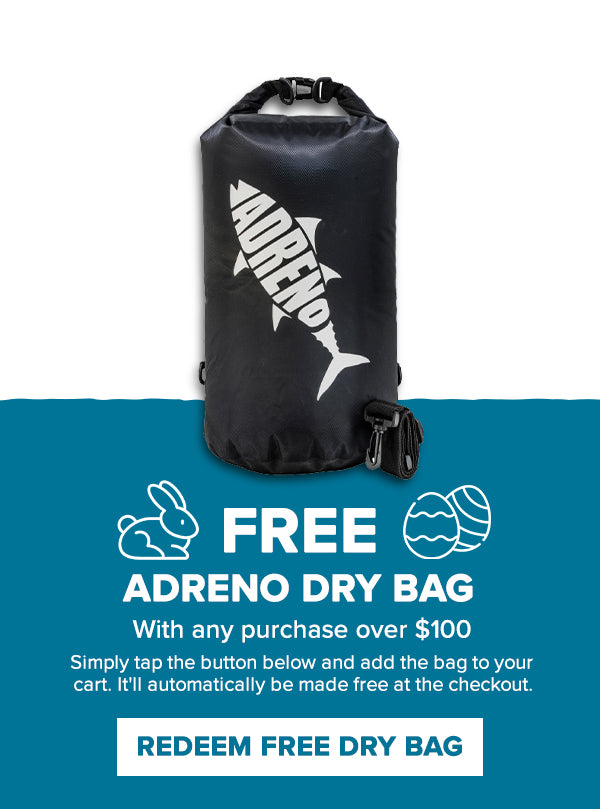Get boating right
November 16, 2011 2 min read

 Many spearos either own their own boat, or have a mate who has one, to be able to go out fishing as often as possible.
Many spearos either own their own boat, or have a mate who has one, to be able to go out fishing as often as possible.
You may know the ocean so well by now that you know all the risks...or you think you do.
But in our Spearfishing Supplies shop in Brisbane we hear stories about boat trips gone wrong all too regularly.
Here’s is some disturbing facts from the 2010 Marine Incidents in Queensland report: 1. During 2010, 779 marine incidents were reported in Queensland (320 incidents per 100,000 vessels) 2. Just about half of all vessels in trouble were recreational vessels. 3. Alcohol and drugs were a factor in 4 of the 14 fatal incidents last year 4. The most common accidents were collisions (36%), groundings (19%) and inundation incidents (16%) 5. 167 capsizings took place in Queensland last year, with 12 fatal injuries and 6 serious injuries 6. Of all incidents, only 5% involved persons overboard, but most of those were lethal incidents: of the 21 people who fell overboard, 14 perished (and only two of those where known to be wearing life jackets!)
We at Adreno Spearfishing Supplies promote safe fishing and boating (gotta look after your customers, hey!).
Some things to consider when taking your boat out this season:

- Check the weather before every trip, even if it seems absolutely fine and they said on the news it would be. See the Bureau of Meteorology marine website
- All safety gear needs to be aboard, regularly serviced and within easy reach: an EPIRB beacon system and flotation devices are just some of these essentials. Find out for your State what you need to bring to be safe and within the law: Safe Boating website
- If you need a refresher on how to operate your radio properly, here’s a free Radio Users Manual [PDF Download, available until the end of this year only]- Fairly obvious, but often missed: alcohol and boating don’t go together (nor do alcohol and spearfishing for that matter!).
- Always stay on the lookout. Floating debris, submerged rocks, divers/swimmers in the water and especially other boats all form obstacles. A good one to remember is to always keep right and slow right down when entering an area that you can’t oversee completely, such as a bend or smaller channel. - If you go out at night, or come back from a trip when the visibility is poor, navigation lights are essential. Defective lights or incorrectly aligned lights are surprisingly common. Here you’ll find a guide from the NMSC [PDF download]
HAVE YOUR SAY! Have you ever been in a boating accident? Do you have valuable tips to share with other boaters? Share your stories and tips below...


